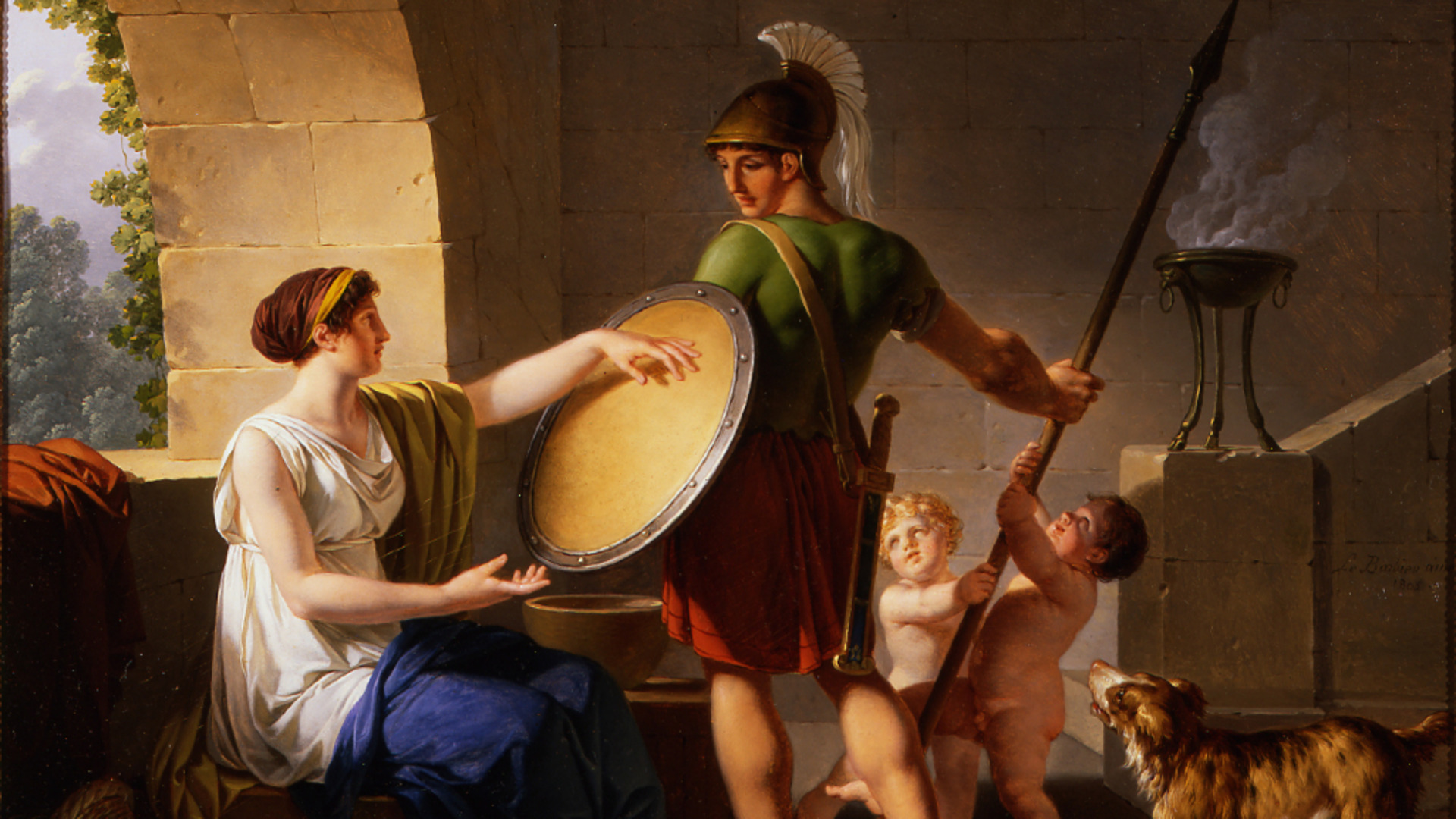Okay folks, let me tell you about the rabbit hole I fell down today. It started with this random question popping into my head while I was sipping my coffee: Where were the ladies in all that crazy Spartan warrior society stuff? You always hear about the men training, fighting, right? But the women... it felt like they were just shadows.
Hitting the Books (Well, the Internet Mostly)
Seriously bugged me. Grabbed my laptop right after breakfast. Went straight to Google, typed in "Spartan women status" expecting the usual "stayed home, had babies" answer. Boy, was I wrong. The first few articles hit me with terms like "unusual freedom" and "property rights." That didn't fit the picture at all! Got skeptical fast. Started digging deeper. One article mentioned a historian named Plutarch saying Spartans educated their girls. Educated girls? In ancient Greece? That sounded wild.
Untangling a Mess of Names and Contradictions
Got tangled in names real quick: Plutarch, Xenophon, Aristotle... bunch of old dudes writing centuries after Sparta was actually powerful. Had to figure out who was closer to the source. Learned Xenophon lived around Sparta's peak power, Plutarch lived way later under Rome. Important difference, right? Realized the later writers sometimes seemed more judgmental or maybe even exaggerating the weirdness. Also bumped into the word "Lycurgus" – supposedly this legendary lawgiver dude who set up all these rules in Sparta. Historians argue if he was even real! Total headache trying to separate myth from likely fact.

Building the Unexpected Picture
After bouncing between like twelve different tabs, forums, even skimmed a PDF of an old academic paper someone uploaded (dry stuff!), a surprising picture started forming:
- No Hiding Indoors: Unlike other Greeks apparently hiding their women away, Spartan women weren't stuck inside all day. Articles kept saying they trained alongside the boys? Not in combat, but in running, wrestling, javelin throwing? Supposedly to make them strong mothers. That blew my mind. Imagine seeing girls competing in public in ancient times!
- Running the Farm (and the Money?): Here's where it got really crazy. Spartan men were obsessed with the military, living in barracks often until like 30. Who was running the farmsteads? Yeah, probably the wives. Plutarch says they managed estates, dealt with servants, all of it. Even wilder: Spartan law supposedly let women own land and control property. Fathers gave daughters land directly, bypassing the husband? Total power move!
- Getting Hitched (Spartan Style): Forget fancy gifts or big weddings. Some sources mentioned the bride had her hair cropped short, wore men's clothes, and met her husband in the dark? Bizarre! Also saw hints that husbands could borrow wives to have kids with another man if his line was failing? Not sure I fully understood that part honestly. Sounded messy.
My jaw literally dropped reading about dowries. Spartans hated them! Plutarch wrote that Lycurgus banned dowries to prevent rich families dominating marriage. Instead, Spartan women apparently brought value through their upbringing and character. That felt surprisingly... modern?
The Flip Side (Because It's Ancient History!)
Got a reality check though. This "freedom" had clear limits.
- All About the State: Everything they did was tied to one goal: make strong warriors for Sparta. Even women owning land? Seems the state ultimately controlled it to fund their military mess halls (syssitia). So maybe not freedom like we think.
- Still Seen as Second Best? Aristotle got all grumpy about it centuries later, calling Spartan women "licentious" and saying they undermined the state. Classic sour grapes, maybe? Or maybe there was truth – if women held real power economically, the dudes might have gotten insecure?
- Big Question Marks: No surviving Spartan woman wrote a word. All we have is men looking in, often much later. How much was true? How much was Spartan propaganda or enemy gossip? Frustrating not knowing.
Wrapping Up My Head
Stopped researching around lunchtime, completely reeling. My whole image of Sparta got flipped. Yeah, the men were the crazy warriors, but the women weren't passive ornaments. They seemed to have operated in this unique space – trained physically, managed wealth, had public presence – all stuff you barely saw anywhere else in Greece back then. Even if it served Sparta's brutal military machine, the level of responsibility and relative freedom they apparently had was staggering compared to Athens or others. Makes you rethink what "power" even meant in such a rigid society. Crazy stuff! Definitely not the silent background figures I imagined.










